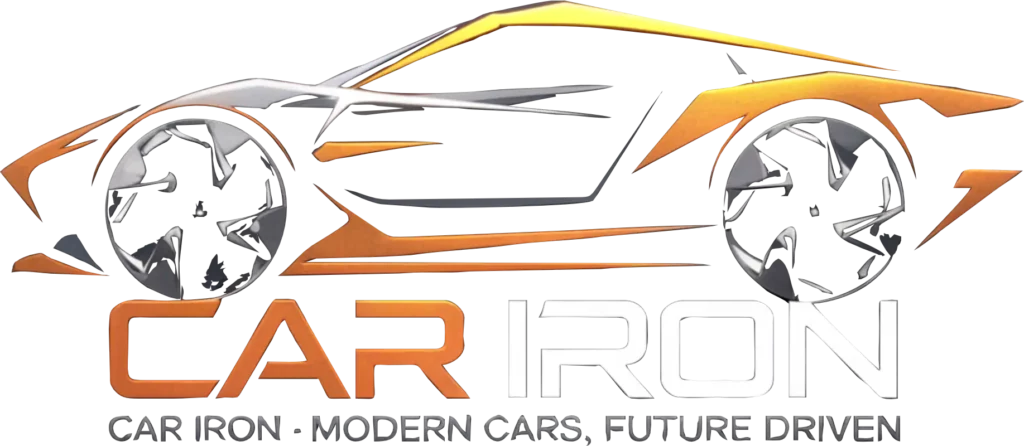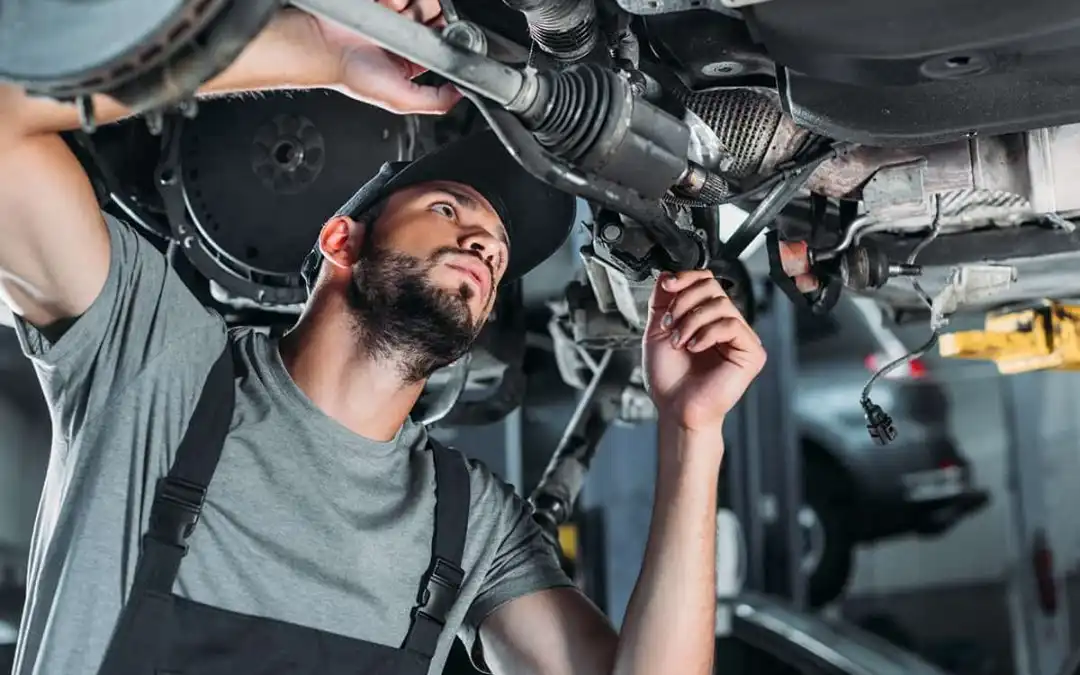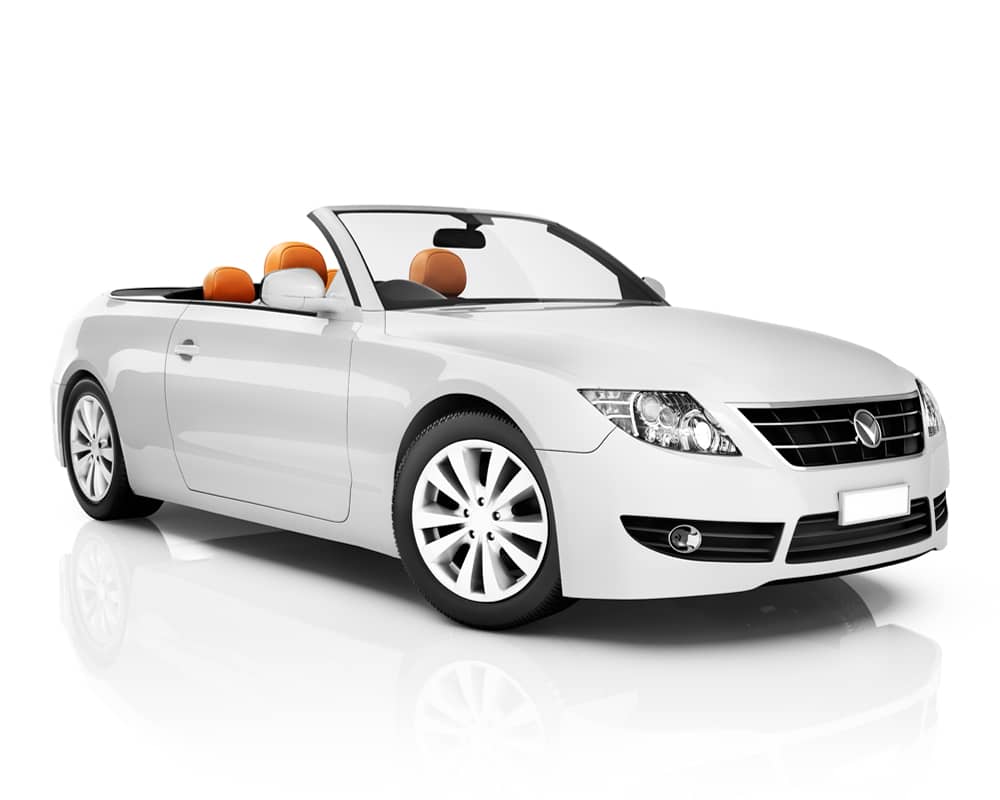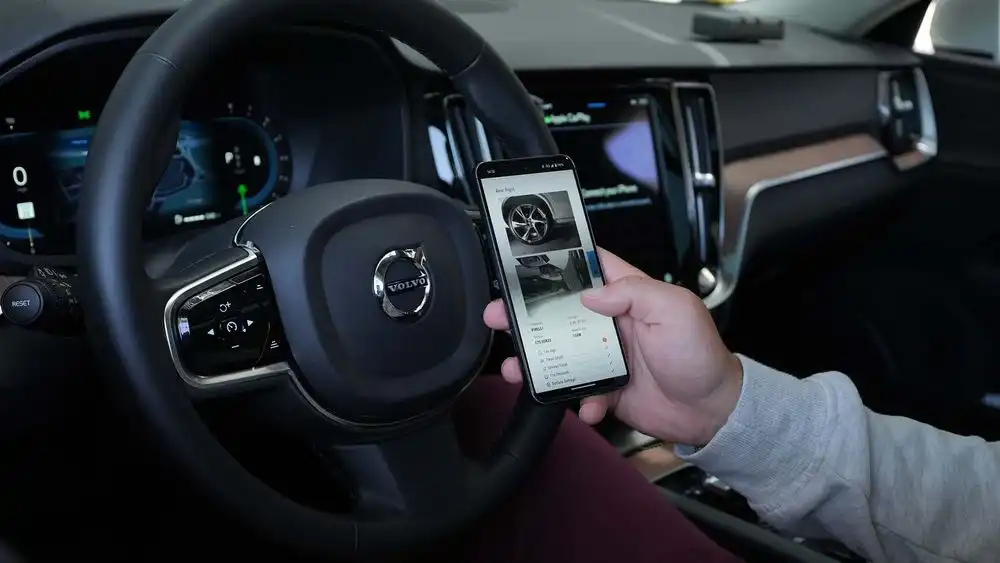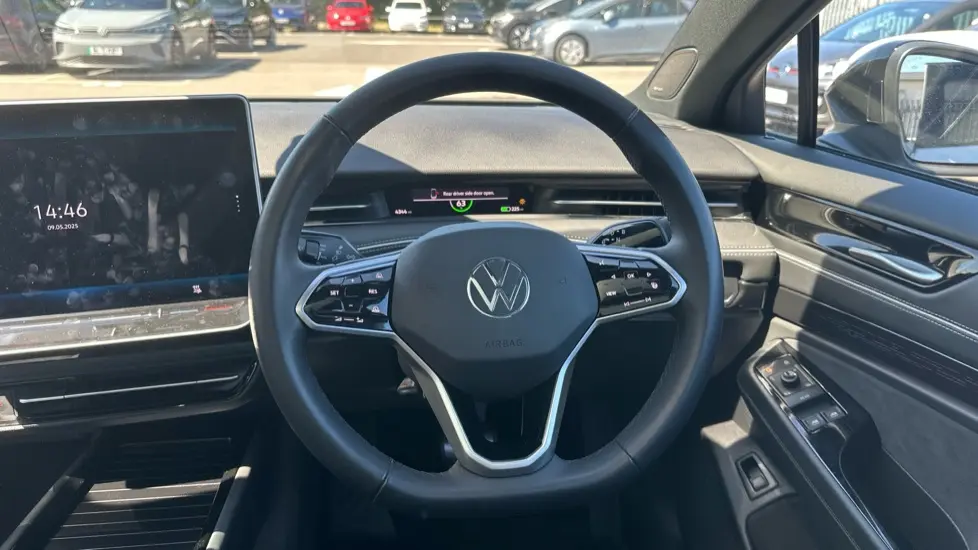The automotive industry is constantly evolving, with manufacturers pushing the boundaries of design, safety, and performance. One material that is playing a pivotal role in these advancements is car iron. Though steel and aluminum often get the spotlight, car iron—especially its advanced alloys—has proven to be essential in enhancing the performance of modern vehicles. From improving safety to reducing weight and increasing fuel efficiency, car iron is a key contributor to the high performance of today’s most advanced cars. Let’s explore how car iron is making these innovations possible.
1. Increased Strength for Improved Safety
One of the most important features of any vehicle is its safety. Whether you’re driving a high-performance sports car or a family sedan, ensuring the protection of passengers in the event of an accident is paramount. Car iron, particularly in its high-strength form, plays a critical role in improving vehicle safety.
Advanced car iron alloys are used to reinforce the structural framework of modern vehicles. These materials are designed to withstand heavy impacts, which helps protect occupants in the event of a crash. Car iron’s ability to absorb and dissipate energy means that it helps prevent structural collapse during accidents, thereby minimizing injuries and fatalities. In fact, many automakers rely on car iron in key components like the vehicle’s frame, doors, and safety beams to enhance crash resistance.
2. Lightweight for Better Fuel Efficiency
You might not expect car iron to be associated with lightweight vehicle design, but advancements in car iron technology have allowed for the creation of lighter materials that still retain their strength. The lighter a vehicle is, the less energy it requires to move, which leads to improved fuel efficiency.
In modern vehicles, car iron is often used in combination with other lightweight materials, such as aluminum or composite components, to reduce the overall weight without sacrificing structural integrity. By reducing the weight of a car, manufacturers can improve acceleration, handling, and fuel efficiency. Lighter cars also have lower CO2 emissions, making them more environmentally friendly. This is especially important in the current climate, where automakers are under pressure to meet increasingly stringent emissions standards.
3. Enhanced Durability and Longevity
Car iron, particularly in its modern forms, is not only strong but also highly durable. One of the key advantages of car iron is its resistance to wear and tear, meaning parts made from this material last longer and maintain their functionality over time. This durability is crucial for vehicle performance, as it helps reduce the frequency of maintenance and repairs.
Car iron’s long-lasting qualities are particularly beneficial for critical vehicle components like suspension systems, engine parts, and body panels. These parts are exposed to a lot of stress and strain during normal driving, and having a durable material like car iron ensures they remain intact, allowing the vehicle to continue performing at a high level for years to come.
4. Corrosion Resistance for Increased Reliability
A major challenge in automotive design is protecting the vehicle from corrosion caused by exposure to moisture, salt, and environmental pollutants. Corrosion not only affects a car’s aesthetic appeal but can also weaken its structural integrity over time, which in turn impacts performance.
Car iron’s advanced alloys offer improved resistance to corrosion. Manufacturers use specialized coatings and treatments to protect car iron parts from rust and other forms of deterioration. By enhancing the corrosion resistance of car iron, manufacturers can increase the vehicle’s reliability, ensuring that it performs optimally even under challenging weather conditions. This means fewer issues with parts breaking down and better overall performance over the vehicle’s lifespan.
5. Supporting Advanced Technologies and Innovations
As technology advances, so do the materials used in automotive manufacturing. Modern vehicles are no longer just about getting from point A to point B; they are equipped with high-tech features like autonomous driving systems, smart sensors, and enhanced infotainment systems. To support these technologies, the car’s frame and structure must provide a stable platform without compromising on performance.
Car iron is essential in providing this stability. It is used in the construction of chassis and other structural components, creating a solid base for advanced technologies. For example, car iron supports the integration of sensors and cameras used in autonomous vehicles, ensuring that the technology is safely housed and protected while maintaining the vehicle’s performance.
6. Increased Design Flexibility
As car manufacturers strive for more innovative designs, they need materials that allow for greater flexibility in the design process. Car iron, with its ability to be shaped and molded into complex forms, offers the versatility needed to create the sleek, aerodynamic vehicles of today.
The flexibility of car iron makes it an ideal material for use in creating intricate parts, such as body panels and structural reinforcements. Its malleability allows engineers to craft cars that are not only high-performance but also aesthetically appealing. This is particularly important in high-performance sports cars, where both design and functionality go hand-in-hand.
7. Cost-Effectiveness in Performance Vehicles
While high-end materials like carbon fiber and titanium are often used in performance vehicles, car iron remains a cost-effective solution for many car manufacturers. Its balance of strength, durability, and affordability makes it a preferred choice for many types of vehicles, from everyday commuters to high-performance models.
In performance vehicles, where cost can sometimes be a limiting factor, using car iron allows manufacturers to keep production costs down without sacrificing the quality or performance of the car. The lower cost of car iron also means that these performance features can be passed on to the consumer at a more affordable price point, making high-performance vehicles more accessible.
8. Supporting the Future of Electric and Hybrid Vehicles
As the automotive industry shifts toward electric and hybrid vehicles, car iron’s role in these vehicles continues to grow. Electric cars often require lightweight materials to offset the weight of their batteries, but they also need materials that provide durability and strength for the vehicle’s frame and safety features.
Car iron, in its modern alloy form, fits this need perfectly. It helps manufacturers create a sturdy yet lightweight frame for electric vehicles, all while ensuring the vehicle remains strong enough to support the heavy batteries and advanced technology. Moreover, the durability and corrosion resistance of car iron make it an ideal choice for electric vehicles, which often face different challenges than traditional internal combustion engine vehicles.
Conclusion
Car iron is playing a central role in the design, performance, and safety of today’s most advanced vehicles. From improving strength and durability to enhancing fuel efficiency and supporting cutting-edge technologies, this material is helping automotive manufacturers create cars that are not only high-performing but also built to last. As technology continues to evolve, car iron will remain an integral part of the industry’s efforts to push the boundaries of what’s possible in vehicle performance, design, and sustainability. Whether you’re driving a family sedan or a high-performance sports car, the impact of car iron is clear: it’s a cornerstone of the vehicles that power our modern world.
